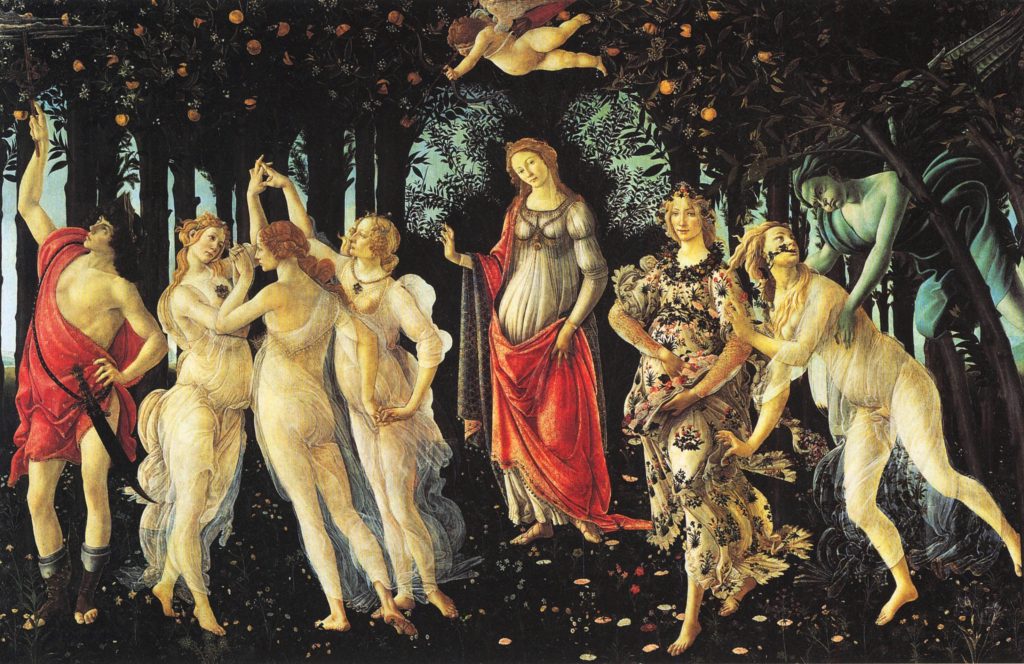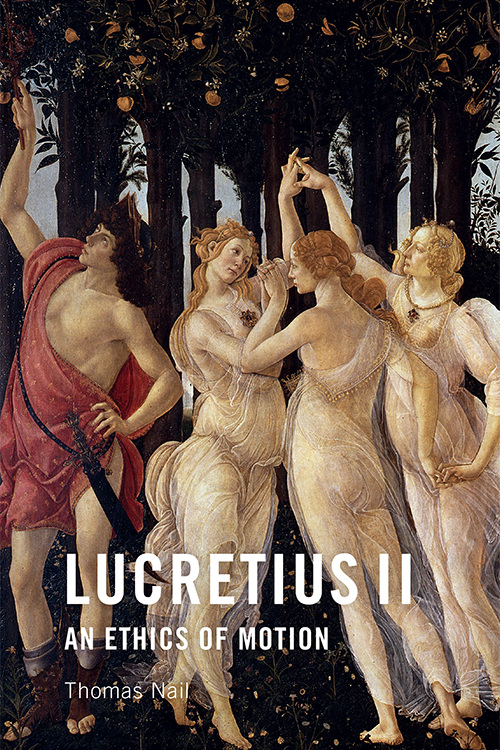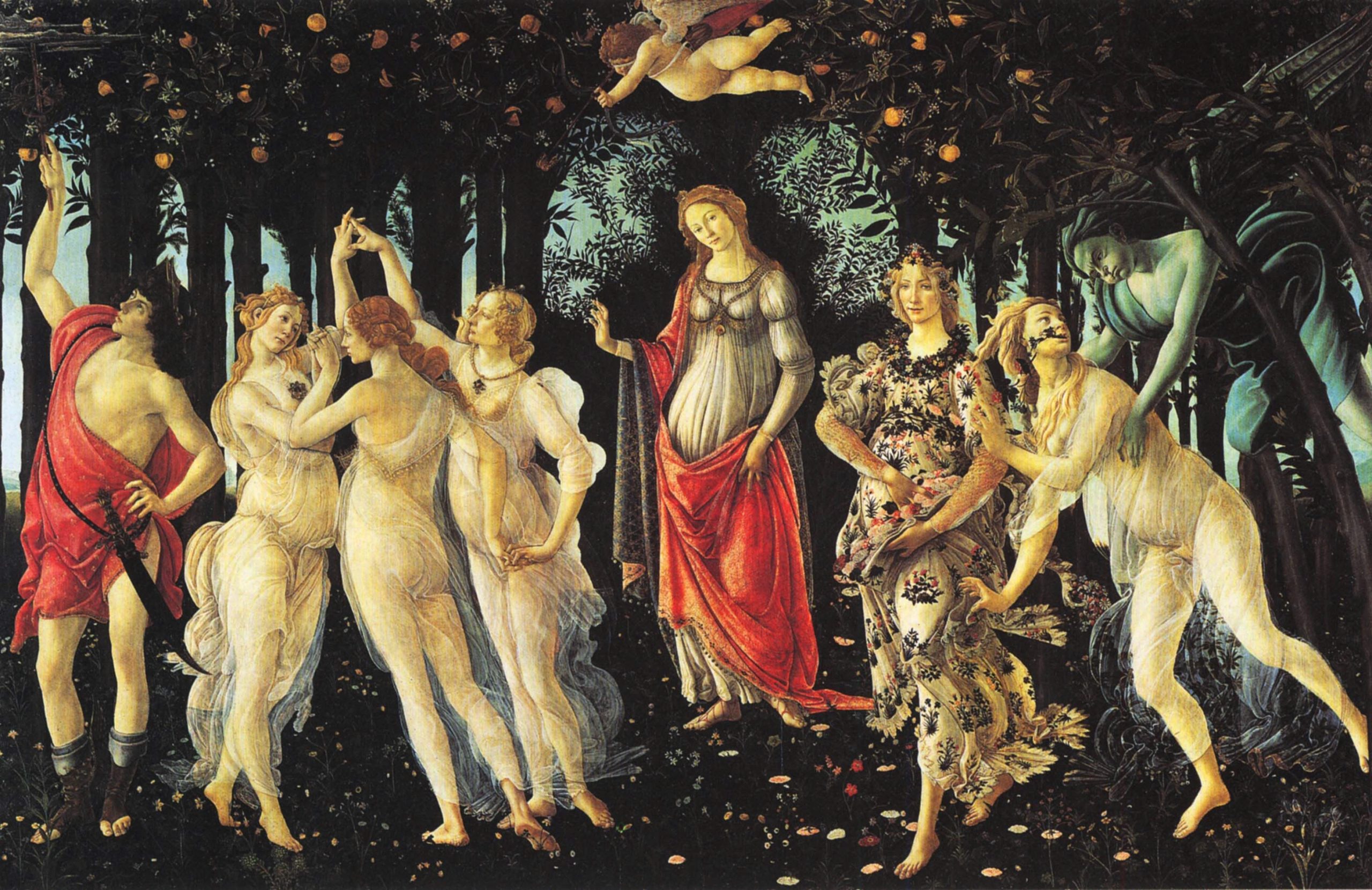
Take a peek at the book extract from the recently published Lucretius II: An Ethics of Motion by Thomas Nail.

How can the fear of death lead us to unethical action?
In his didactic poem De Rerum Natura, Lucretius tell us that the source of all unethical action is ‘the fear of death’ [mortis formidine] (3.64, 3.79). This a bold philosophical claim. How can it be?
According to Lucretius, the belief in the immortality of the soul and its attendant fear of death go hand in hand. If we believe that the soul is immortal, then it follows that the material body and its entropic movements are the active cause of all our sufferings. The hatred of the body is implicitly and explicitly at the heart of the Western metaphysical tradition. Asceticism and morality, as Nietzsche writes, is a disease in which life turns against itself and says, ‘You shall renounce yourself and sacrifice yourself.’ For Lucretius, the hatred of the body is at the core of asceticism (3.79–82).
From De Rerum Natura:
et saepe usque adeo, mortis formidine, vitae
percipit humanos odium lucisque videndae,
ut sibi consciscant maerenti pectore letum
obliti fontem curarum hunc esse timorem
And often through fear of death such a great hatred of life
and of seeing the light grabs hold of human beings,
that they inflict death on themselves with a sad heart,
forgetting that this fear is the source of their cares.
Through the fear of death comes a great hatred of life. Even more generally, Lucretius says, the hatred of life is a hatred of ‘seeing the light’ [odium lucisque videndae] (3.80). The fear of death and the hope for an immortal, static soul is at the heart of the hatred of sensation, of seeing, and of light itself as the material medium of sensation for both organic and inorganic matter. Behind the filthy [caenoque] (3.77) sensuous matter of the body, people believe that there is a clean, immortal, static soul waiting to be released. In a ridiculous inversion, these people, Lucretius says, even blame their own fear of death on the body. They think it is the body that makes them sad and not their own belief in a transcendent immortality that is the cause.
Materialism and ethics
Here is a fundamental connection between materialist physics and ethics. If ethics begins with a materialist philosophy, it will avoid the abstract immaterial traps of immortality, the good, and morality that lead to suffering: the hatred of the body, hatred of matter, and the hatred of motion. If people believe there are static moral duties, virtues, or values, other than what their bodies can do, then they will end up hating their own (and others’) immoral bodies.

This is not just an individual problem of asceticism and self-hatred, but is intimately connected with the hatred of the bodies of the labouring classes, women, animals, and nature itself. If nature cannot be moral, then it is fundamentally inferior and passive with respect to human thought and morality. Perversion is the historical name given for the free flow of desire to create new values and practices. As its name suggests, the Latin word perverse means ‘invert, twist, or curve’. For Lucretius, however, perversion is not the exception to the rule of moral behaviour but the norm and condition for the production and reproduction of ethical habits as such. Ethical practice is the result of the habitual swerving or perversion of matter.
Ethical action and the fear of death
The fear of death and its subsequent hatred of the body has three main consequences for ethical action. The first is that the fear of death and the belief in a transcendence beyond nature and motion are the source of unethical action in which action turns against itself and tries to negate its own movement. Trying to create stasis will never achieve stasis and thus will always end in ‘empty’ cares and unnecessary suffering.
The second point follows from the first: if we believe that the unchanging soul is immortal and that death can be avoided, then all actions necessary to ensure this immortality or good are justified. According to Lucretius, this results in three interrelated problems of civilisation: 1) statism, militarism, and domination; 2) greed, wealth asymmetries, and wars of accumulation by dispossession (civil and colonial); and 3) anti-social individualism, religion, and the hatred of the body.
Third and more positively, ethics for Lucretius is collective, practical, material, and kinetic. An immanent ethics of motion can never tell anyone what to do forever and for all time. The quest for static, unchanging codes, duties, and virtues of behaviour is fundamentally metaphysical and socially authoritarian. The existence of such values is also contrary to everything we know about nature: that everything moves. Ethical values are products of collective action and desire, not divine principles. Nothing is forever: not souls, minds, bodies, values, nor duties.
About Lucretius II

Lucretius II: An Ethics of Motion is the second installment in Thomas Nail’s transformative reading of Lucretius’ didactic poem De Rerum Natura, which can be read individually or as a trilogy. Lucretius I covered books 1 and 2 of De Rerum Natura and looked at Lucretius’ ontology; this volume covers books 3 and 4 and Lucretius’ ethics. The third and final volume will cover books 5 and 6.
Find out more about Lucretius II: An Ethics of Motion
Find out more about Lucretius I: An Ontology of Motion
About the author

Thomas Nail is Associate Professor of Philosophy at the University of Denver. He is the author of Lucretius I: An Ontology of Motion (Edinburgh University Press, 2018), Being and Motion (Oxford University Press, 2018), Returning to Revolution: Deleuze, Guattari and Zapatismo (Edinburgh University Press, 2012), The Figure of the Migrant (Stanford University Press, 2015) and Theory of the Border (Oxford University Press, 2016).





